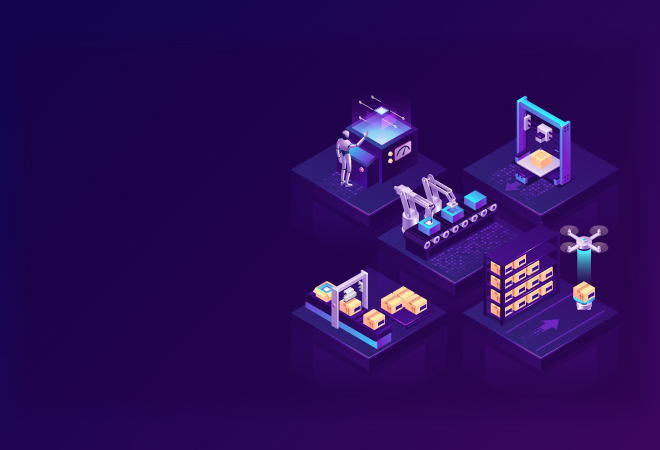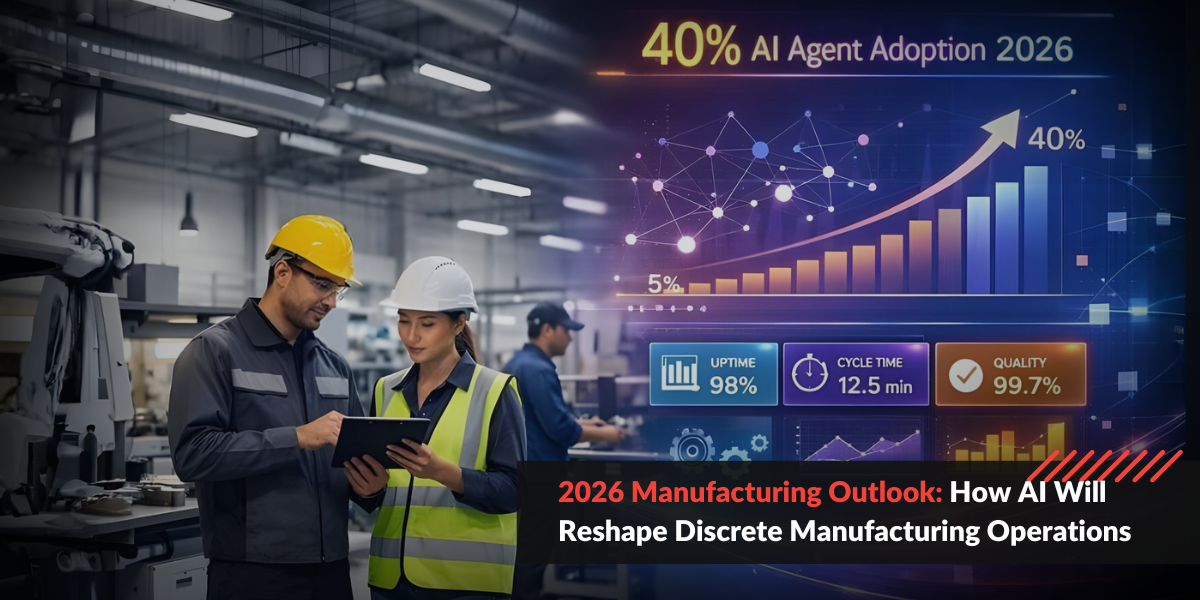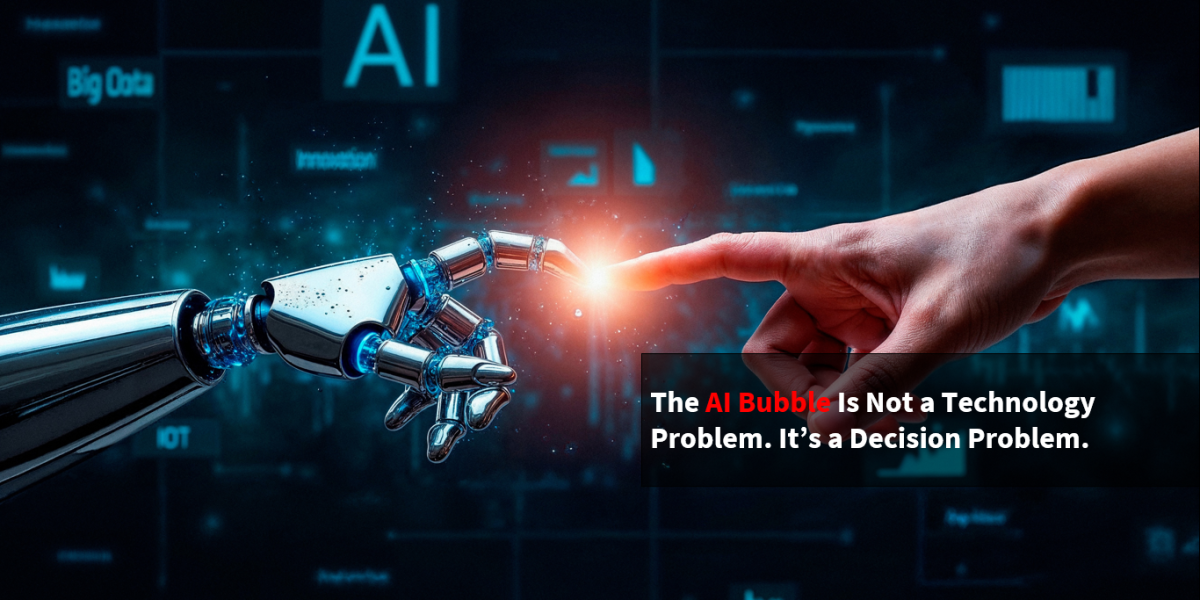The year 2020 has been unprecedented due to the coronavirus that disrupted business operations and even everyday life across the world. The new normal required working from home to stay safe and enterprises in every vertical were under tremendous pressure to resume business operations in the midst of changing circumstances and restrictions. While intelligent automation has slowly been gaining a foothold in business operations across industries such as healthcare, hospitality management, shared services and more, this year has provided a perfect storm illustrating the necessity of intelligent Automation to provide a rock-solid foundation for continuing business operations in the face of uncertain circumstances.
Harnessing innovative technology such as Intelligent Process Automation (IPA) that enables hyperautomation for enterprises is a game-changing ability for a competitive edge and a sustainable business. When implemented for feasible use cases, IPA is fortifying organizations against uncertainty or adversity of any kind. It provides a solid foundation for business continuity thanks to a plethora of capabilities and benefits. It answers the challenge of continuing operations while teams work remotely for safety reasons or due to restrictions. It supports teams working remotely which is highly cost-effective, saving millions of dollars. In addition, studies show that around 65% of employees are more productive when working from home.
According to the McKinsey Global Institute, 69% of data processing and 64% of data collection activities can be automated. The majority of business processes are manual intensive, predictable and repetitive in nature. Over 70% of these tasks can be automated using IPA. Automation can also function with humans in the loop for complex procedures that require human intervention.
IPA comprises Artificial Intelligence (AI) with Machine Learning (ML) and Natural Language Processing (NLP) as well as Robotic Process Automation (RPA). The synergy of the two provides an unparalleled level of automation capability. The AI component automates the processing of unstructured content in heterogenous formats, improving over time thanks to its ML capabilities. It enables the automation of processes that are content/document-intensive and highly repetitive. The RPA component automates other rule-based tasks across the systems and workflows enabling end-to-end automation. Some of the human actions RPA mimics include copy/pasting data, opening emails and attachments, logging in and out and so on. RPA plays a big role in connecting systems including legacy systems in an enterprise.
The benefits go beyond operational efficiency and minimizing manual effort thanks to automation. Faster turnaround time, better collaboration, greater accuracy, reduced expenditure, scalability and compliance can also be achieved with IPA. Part of use case identification entails optimization of processes and functions so they operate as an intelligent business partner that supports better outcomes and organization goals. This technology fortifies enterprises against future uncertainties, and enables them to be more agile and responsive. This helps navigate disruptive events and facilitates sustainable success. This ability of Intelligent Automation to strengthen an enterprise to be resilient deserves global attention, particularly due to recent events that have been fairly turbulent for business and the economy worldwide.
Let’s take a closer look at how IPA technology empowers enterprises to be more resilient in the face of any uncertainty that arises.
1. Wide Scope for Automation
IPA solutions enable the automation of unstructured content, customer and team support services and end-to-end processes by harnessing AI and RPA in tandem. This applies to functions and processes such as form recognition, document understanding and processing, IT functions and more across multiple industries including healthcare, hospitality management, real estate, shared services, logistics and so on.
Intelligent automation increases accuracy, improving the quality of processes and eliminating the risk of costly man-made errors. It eliminates the need for human intervention from highly repetitive, data-intensive processes, while flagging a human if required in the loop. This accelerates workflows and turnaround time no matter what external circumstances may arise that affect human employees. It is highly cost-effective and also augments capacity.
2. Working Remotely
This technology enables automated business processes and workflows to continue running while employees work remotely. This enables companies to safeguard employees or meet mandated restrictions. Such automated processes and workflows can be remotely monitored and human intervention can be provided digitally if required. Ultimately, such automated processes and systems facilitate faster collaboration and customer responses as they provide team members with relevant information in just seconds. This enables a particular function or process to operate as an intelligent partner to the business supporting business goals and better outcomes. For instance, higher sales or CSAT scores thanks to rapid and relevant responses.
3. Scalability On-demand
Imagine the ability to scale up or down on-demand in response to fluctuations in volume of operations and demand. Intelligent automation makes this a breeze, with no worries over capacity requirements as the IPA solution can scale as required. This supports business agility – perhaps you need to scale up to support business expansion or scale down due to a downturn in activity arising from adverse conditions. This powerful capability enables business agility with fairly low infrastructure and architecture requirements.
4. Quick & Easy Deployment
Modern IPA solutions do not require any specialist knowledge and training for deployment. You can slingshot your enterprise’s digital transformation with rapid deployment and a low infrastructure footprint. Moreover, thanks to the ability to plug-in to existing infrastructure, it is budget-friendly.
5. Business Continuity
The holy grail of every business is continued operations and success. This is highly challenging during unforeseen, adverse circumstances. Thanks to intelligent automation business workflows and operations can continue running under such conditions. Moreover, these automated processes and services can run around the clock while your team members function remotely.
The bottom line is that intelligent automation makes organizations robust, enabling business continuity during disruptions to the market, a natural disaster, a pandemic, or any other unforeseen event that shakes things up.
Thus, it is essential for you to consider and evaluate Intelligent Automation use cases as a gateway for your organization to become more robust and resilient, and continue operations no matter what circumstances transpire.
Take a look at how Intelligent Automation is Saving the Day for Businesses Managing Remote Teams. This is a crucial capability while recovering from the aftermath of the COVID-19 pandemic and for continuing business operations in adverse circumstances.
Gain insights and inspiration from 7 Steps to Identify an AI Use Case and Pointers for Success on Your First AI Project.
Are you interested in fortifying your business to stay resilient against uncertainty by leveraging Intelligent Automation? If you’d like to explore opportunities where your business can benefit from IPA implementations for hyperautomation, the Rapid Acceleration Partners team would be glad to help. Our next-gen, AI-powered content intelligence platform RAPFlow enables full lifecycle AI orchestration on a single platform. When used in tandem with our RPA solution RAPBot, it provides end-to-end workflow automation capabilities that can be deployed in just weeks. You can even build your own use case and the platform can easily integrate with your existing systems. Book a demo to get a more detailed understanding of how our products can transform your business.




